Problem Statement
I've read a partitioned CSV file into a Spark Dataframe.
In order to leverage the improvements of Delta Tables I'm trying to simply export it as Delta in a directory inside an Azure Data Lake Storage Gen2. I'm using the code below in a Databricks notebook:
%scala
df_nyc_taxi.write.partitionBy("year", "month").format("delta").save("/mnt/delta/")
The whole dataframe has around 160 GB.
Hardware Specs
I'm running this code using a cluster with 12 Cores and 42 GB of RAM.
However looks like the whole writing process is being handled by Spark/Databricks sequentially, e.g. non-parallel fashion:
The DAG Visualization looks like the following:
All in all looks like this will take 1-2 hours to execute.
Questions
- Is there a way to actually make Spark write to different partitions in parallel?
- Could it be that the problem is that I'm trying to write the delta table directly to the Azure Data Lake Storage?

